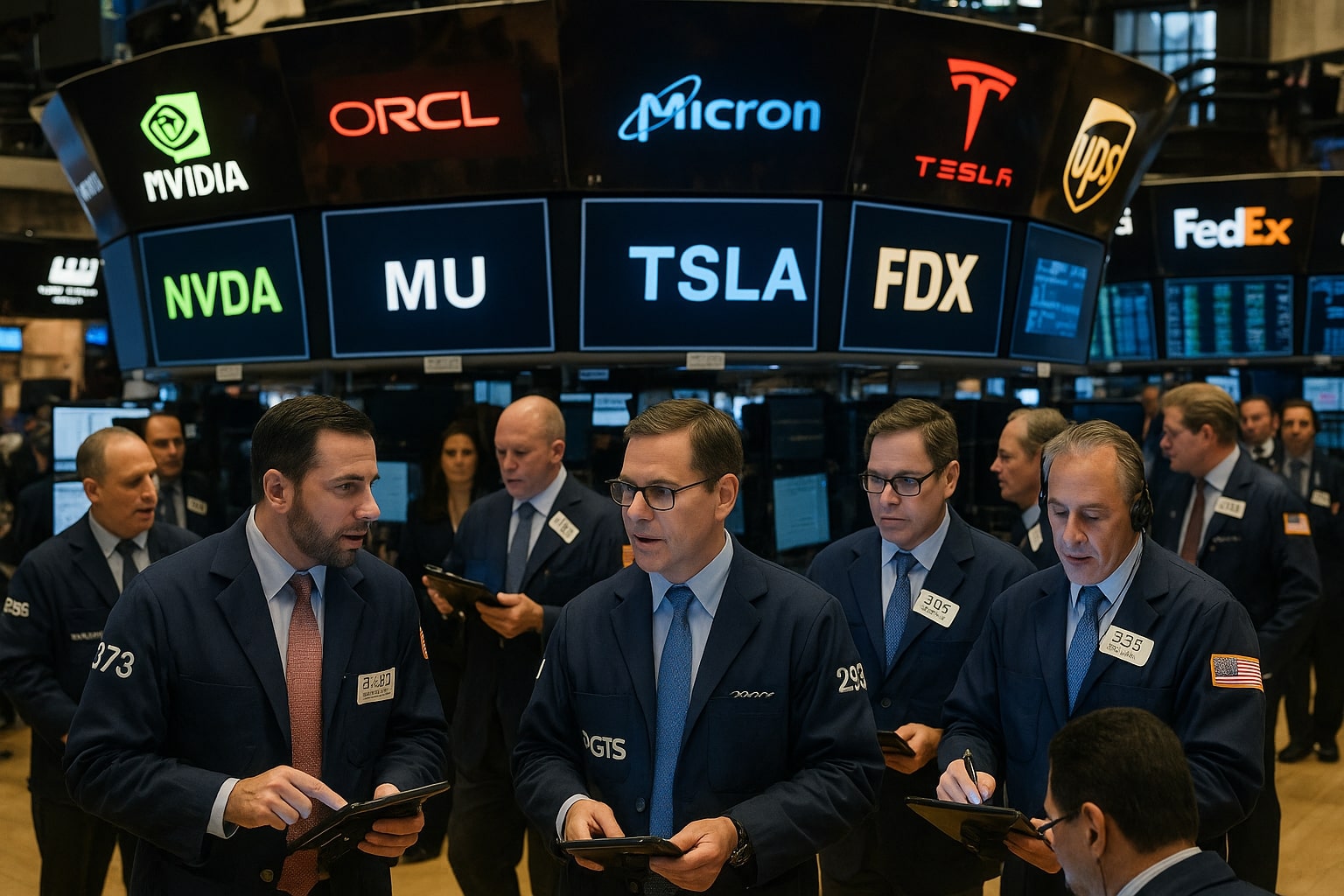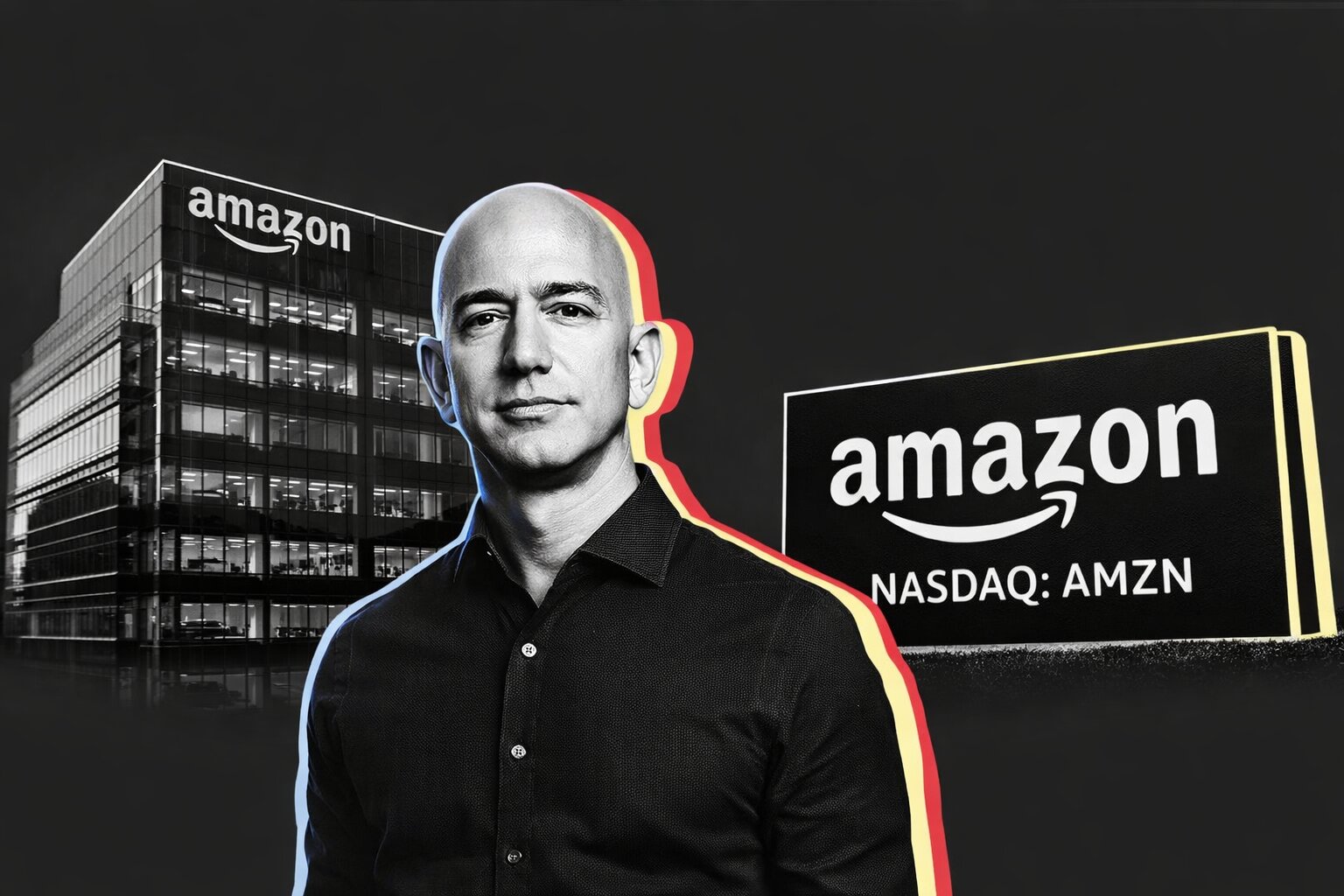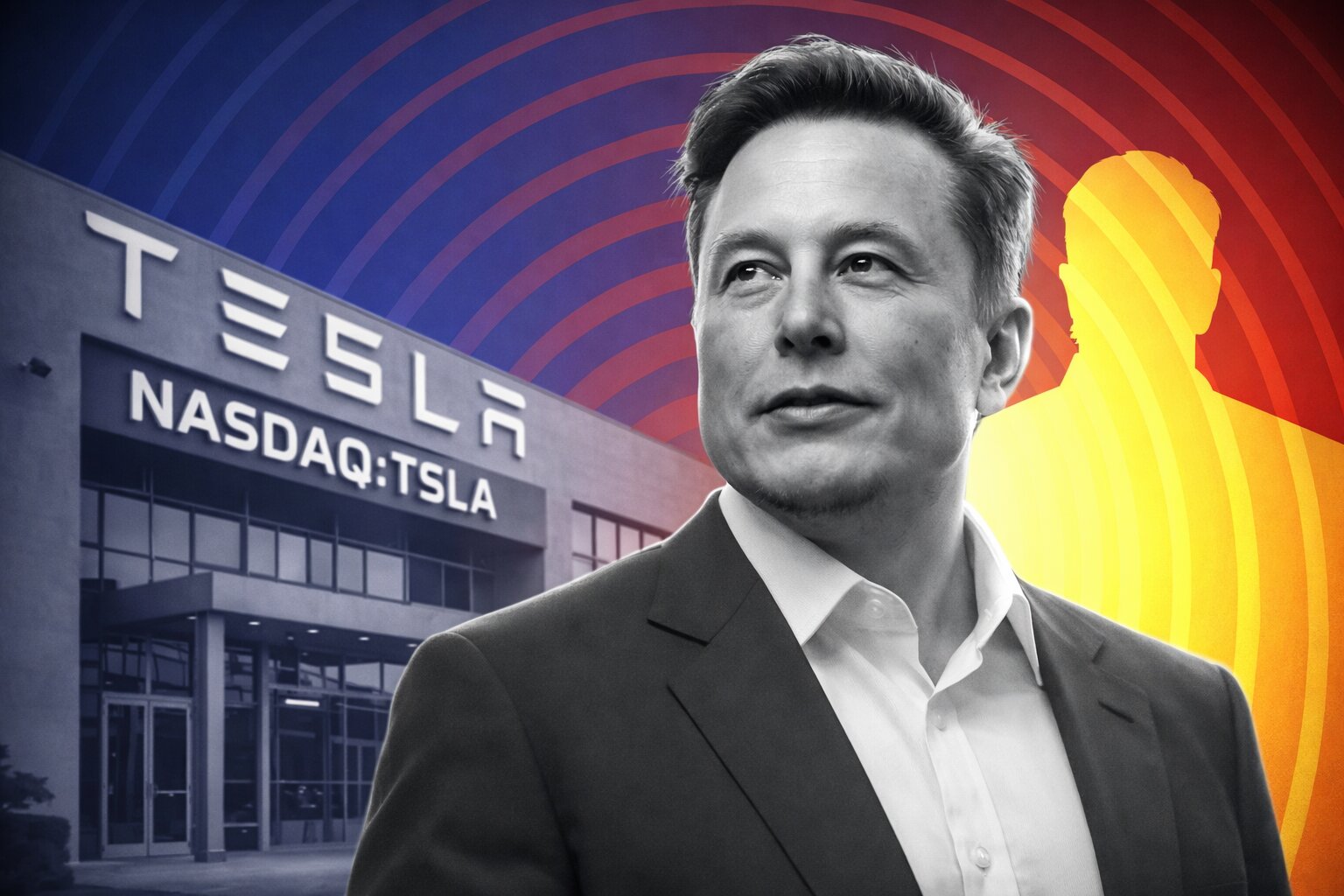Federal Reserve Rate Cuts and the $7.6 Trillion Liquidity Question
The upcoming Federal Reserve meeting has become the central theme for Wall Street, with equity markets reacting to labor market weakness and inflation signals that all but guarantee policy easing. Jobless claims surged to 263,000, the highest level in nearly four years, while August payrolls added only 22,000 jobs, underscoring fragility in employment. Traders now assign a 90% probability of a 25 basis point cut next week, while a more aggressive 50 bps reduction remains a possibility.
At the heart of the debate lies the $7.6 trillion parked in money market funds, yielding 4.3% annually. If the Fed trims rates toward 3%, some of that capital could rotate into equities and bonds. However, history shows that balances only meaningfully decline when rates collapse to near zero. Peter Crane of Crane Data points out that money fund assets fell only after the dotcom bust and the 2008 financial crisis, suggesting a wholesale shift into stocks is unlikely in the near term.
Nasdaq and S&P 500 at Record Highs, Dow Crosses 46,000
The Nasdaq Composite (^IXIC) closed above 22,000 for the first time, gaining 0.7% in its fourth straight record finish. The S&P 500 (^GSPC) advanced to a new high of 6,532.04, while the Dow Jones Industrial Average (^DJI) broke through 46,000 before pulling back to 45,834.22, down 0.59% on Friday. Despite sticky inflation, equity benchmarks continue to rally on the conviction that labor weakness will force the Fed’s hand.
CPI data showed consumer prices rising 2.9% year-over-year in August versus 2.7% in July, while core inflation held steady at 3.1%. Month-over-month, headline CPI rose 0.4%, doubling July’s pace. Still, investors shrugged off inflation, focusing instead on softening labor data.
Analysts are recalibrating targets upward. Deutsche Bank now projects the S&P 500 reaching 7,000 by year-end 2025, Wells Fargo raised its forecast to 6,650, and Barclays lifted its projection to 6,450.
Artificial Intelligence Remains the Market’s Powerhouse
Artificial intelligence continues to drive extraordinary single-day gains. Oracle (ORCL) skyrocketed 36% in one session, its best performance since 1992, after reporting that multicloud database revenue with Amazon (AMZN), Google (GOOGL), and Microsoft (MSFT) grew an astonishing 1,529%. The rally added more than $250 billion to Oracle’s market value, sending shares to $292.18 before easing slightly.
Nvidia (NVDA) rose nearly 4%, while Broadcom (AVGO) advanced over 9%, both extending momentum from Oracle’s bullish outlook. Micron Technology (MU) added 8.5%, closing near $157, as Citi hiked its price target to $175 and projected Q1 revenue of $13 billion, far above the $11.8 billion consensus.
However, Goldman Sachs issued a warning that the market’s reliance on AI capex poses risks. If hyperscaler spending slows in 2026, valuations could compress by 15–20%, implying a sharp re-rating of the S&P 500. While Meta (META) pledged $600 billion in AI investment over three years, and Microsoft struck a $17.4 billion AI infrastructure deal, analysts caution that growth could decelerate, leaving indices vulnerable.
Capital Gains Surge and Federal Tax Receipts
The equity rally is boosting U.S. federal tax revenue. The IRS reported $530 billion in net capital gains through mid-July 2025, up 65% from last year. Individual tax payments outside of payroll withholdings rose 16% year-to-date, adding over $100 billion to federal receipts.
The S&P 500 gained 23% in 2024 and another 12% year-to-date in 2025, fueling gains primarily among wealthier households. More than a third of reported capital gains came from taxpayers with incomes above $1 million, highlighting the top-heavy distribution of equity-driven wealth effects.
Corporate Earnings and Mega Deals Move Markets
-
Tesla (TSLA) surged 4% to $395.94 after unveiling its MegaBlock energy storage system, hailed as a “gamechanger” for grid operators. Shares are up 7% over five sessions, reinforcing bullish sentiment on Tesla’s energy division.
-
Warner Bros. Discovery (WBD) spiked 30% intraday, closing at $18.87, after reports of a potential majority cash bid from Paramount Skydance (PSKY) backed by the Ellison family.
-
Alibaba (BABA) gained 8% to $155.06, announcing a $3.2 billion zero-coupon convertible bond to fund cloud and data center expansion.
-
Kroger (KR) beat earnings expectations with EPS of $1.04, raising FY25 guidance and sending shares to $68.29.
-
GameStop (GME) reported EPS of $0.25 on revenue of $972.2 million, sparking a 4% jump.
Trade Policy Fallout Hits Logistics Giants
Trump’s removal of the de minimis exemption for duty-free imports is impacting freight operators. UPS (UPS) slipped to $84.35 after Bank of America cut its rating to Underperform, citing declining parcel flows. FedEx (FDX) climbed modestly to $152.22 but also faces challenges as cross-border volumes decline. Analysts warn that the muted 2025 peak season will contrast sharply with prior years fueled by Chinese e-commerce imports.
Inflation Drivers: Energy and Utilities
August CPI data showed electricity prices up 6.2% year-over-year, reflecting grid investments and surging data center demand. Natural gas prices dropped 1.6% month-over-month but remain 13.8% higher annually. Energy overall rose 0.7% after a 1.1% decline in July, signaling persistent cost pressures that feed into headline CPI.



















